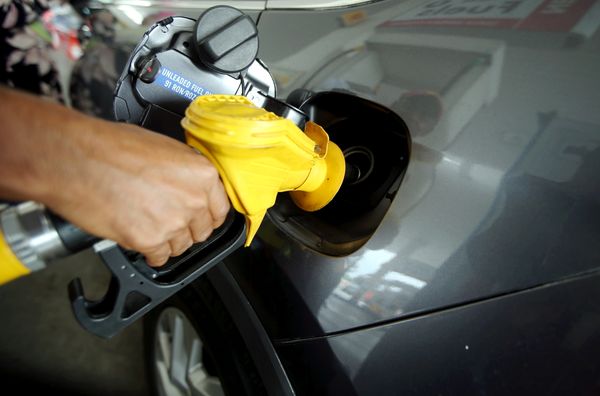By Yasmin Ramlan
SHAH ALAM, Oct 21 — Despite facing criticism from various sides over the planning of the implementation of targeted RON95 subsidies in mid-2025, Gombak MP Dato’ Seri Amirudin Shari is confident that the decision will ultimately demonstrate the government’s effectiveness.
Calling it a bold move, Amirudin, who is also the Selangor Menteri Besar, cited the example of the state’s decision to revise the free water programme in 2019, now known as the Air Darul Ehsan Scheme.
[caption id="attachment_326029" align="alignright" width="477"] Gombak MP cum Selangor Menteri Besar Dato’ Seri Amirudin Shari debates the 12th Malaysia Plan Mid-Term Review in the Dewan Rakyat, at Parliament, Kuala Lumpur, on September 13, 2023. — Picture by BERNAMA[/caption]
Gombak MP cum Selangor Menteri Besar Dato’ Seri Amirudin Shari debates the 12th Malaysia Plan Mid-Term Review in the Dewan Rakyat, at Parliament, Kuala Lumpur, on September 13, 2023. — Picture by BERNAMA[/caption]
"Although RON95 has been politicised, especially when the Opposition's voice is strong and their demands are loud, their approach may not always be accurate or yield immediate success.
“However, over time, we will see the government's resolve and function to do what is right. For example, when I initiated the free water registration program in Selangor, we set a target of 600,000 participants," he said during his debating session in the Dewan Rakyat today.
Amirudin emphasised that although in 2023, the application for Selangor’s restructured targeted free water supply scheme — providing the first 20m³ of water — has been opened, with the income threshold raised to RM5,000 per household, only 340,000 households have applied so far.
Previously, only households earning below RM4,000 per month were eligible for the scheme.
He said the bold decisions made by the Federal government can ultimately benefit the people, via the RM13 billion allocation to enhance financial assistance through initiatives including Sumbangan Tunai Rahmah (STR) and other programmes under the Madani initiative.
When tabling Budget 2025 on Friday (October 18), Prime Minister Datuk Seri Anwar Ibrahim said the STR and Sumbangan Asas Rahmah allocation will be increased from RM10 billion to RM13 billion in 2025, benefitting nine million recipients or 60 per cent of the country's adult population.




